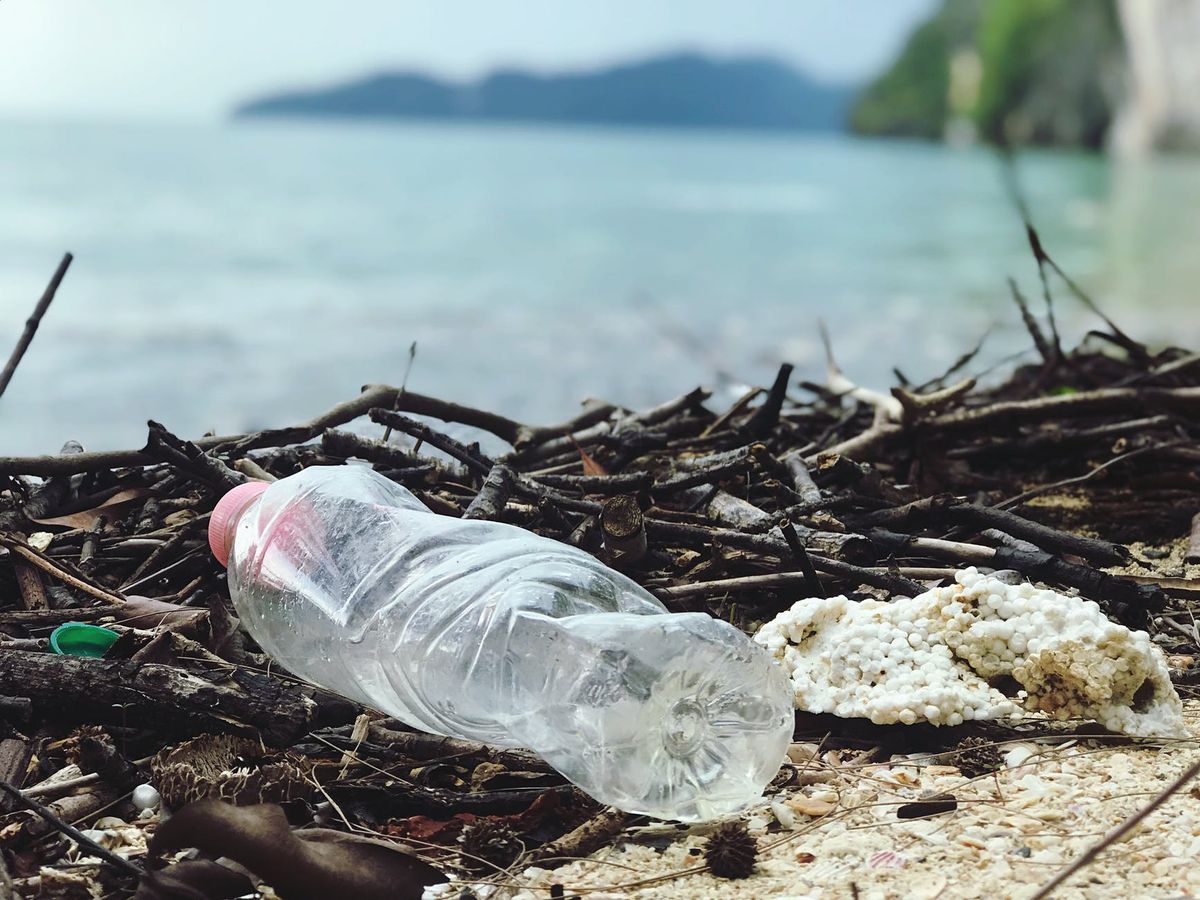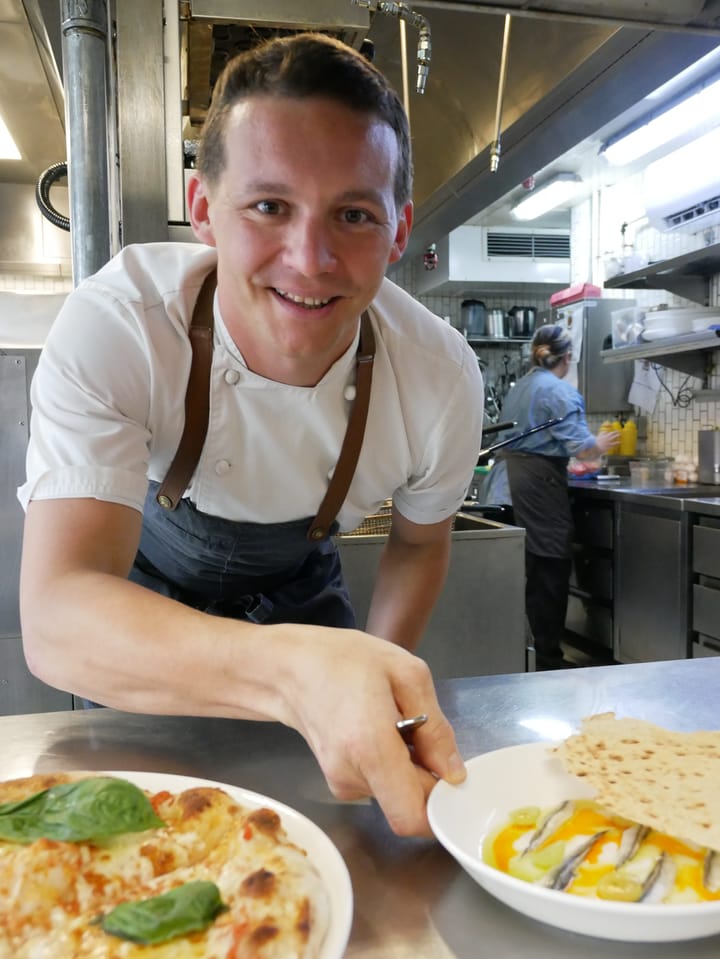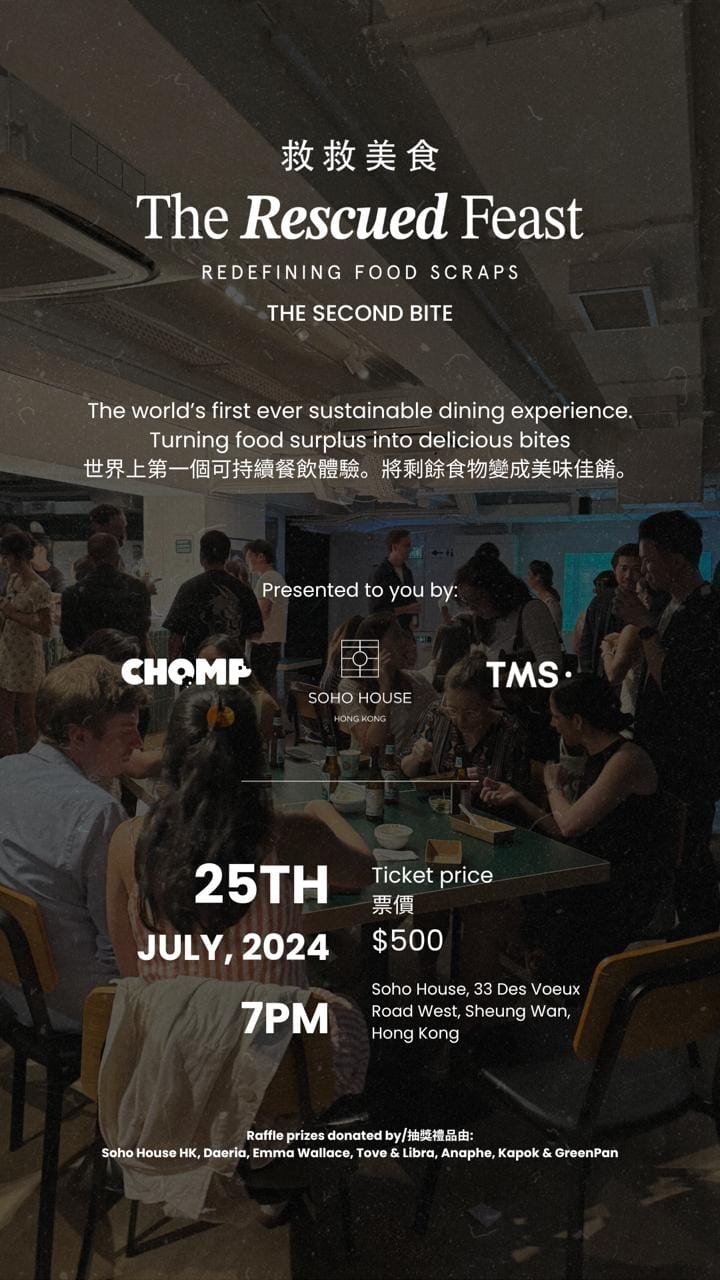Here’s what you need to kickstart a zero-waste lifestyle

A few minutes every morning is all you need.
Stay up to date on the world's Headlines and Human Stories. It's fun, it's factual, it's fluff-free.
The average American produces 4.4 pounds of trash each day, which emits methane gas when dumped in landfills. Now, scientists estimate that if we don’t make any changes, plastic in the ocean will outweigh fish by 2050.
And so with landfills close to full capacity and climate change having devastating effects on the planet, especially marginalized communities, making the jump to a zero-waste lifestyle may seem like a good option.
Skeptics say that in today’s economy of convenience, you can’t escape waste. Reducing your waste production consumes time and energy. They also say that it requires a certain level of privilege that many don’t possess. But, it’s important to note that just because zero-waste may not be realistic for you doesn’t mean you shouldn’t aim for a personal waste reduction goal.
Spearheaded by consumers and grassroots organizations, the zero-waste movement focuses on five principles with the ultimate goal of waste prevention. It overhauls current systems of production and distribution in favor of a cyclical economy. Many of us heard the term “reduce, reuse, recycle” coming up in school, but the zero-waste movement adds two other principles: refuse and compost.
What does “refuse" mean, though?
With Amazon’s low prices and speedy shipping, it can seem impossible to cut out an aspect of consumerism so integral to our modern lives. But the zero-waste movement advocates buying only what you need.
So much of what we purchase online or at our local stores end up in the trash, from toothbrushes and cans of pet food to leftover food and packaging. And so next time you buy from the e-commerce platform, ask yourself, “Do I really need to buy shampoo from Amazon? Do I really need to buy books from Amazon?"
“When a company’s workers are literally dying on the job, when their business model relies on preying on local businesses and even their own companies, when their CEO is literally the richest person in the world while their workers make minimum wage with impossible quotas… wouldn’t you want to resist?” writes Danny Caine, an independent bookstore owner in “How to Resist Amazon and Why.”
So, if you want to make the first step to “refuse" the convenience economy, try cutting down your online shopping and supporting local businesses.
Books to reduce, reuse, recycle and compost at home
Once you’ve refused, reduction naturally follows. Perhaps the most accessible principle, both in terms of comprehension and implementation, of the zero-waste movement is waste reduction.
Because reduction is the central aspect of the movement, these are three guides to living waste-free.
“A Zero Waste Life” by Anita Vandyke offers the perfect guide to reduce your waste by 80% in a month. Vandyke’s practical beginner tips made this a common book sitting on many kitchen counters and coffee tables.
If you’re more interested in theoretical explanations than practical guides to the zero-waste movement, opt for Andrew McAfee’s “More For Less.” McAffee explores how modern technology allows us to use fewer resources and partners this information with compelling data on various industries and their environmental impact.
The kitchen and our cleaning supply closet don’t have to produce an excessive amount of waste. “Make Your Place: Affordable, Sustainable Nesting Skills” by Raleigh Briggs provides a plethora of hand-drawn tutorials on how to make home life free of waste (specifically expensive consumer products). This practical guide will make you feel like a DIY magician. From creating concoctions in place of expensive cleaning products to essential gardening tips, Briggs’ guidebook makes domesticity a beautiful and eco-friendly experience.
What to do if your community lacks options
If your local community lacks zero-waste product options, check out Package Free, an ecosystem of brands bent on global waste reduction. The company believes that everyone should have access to sustainable products and resources and that everyone should be able to contribute positively to the environment. Unfortunately, not everyone lives in an urban setting ripe with sustainable small businesses. Package Free aims to mold the consumer product landscape to make plastic-free and organic products available and convenient.
And, if you’re concerned about the collective of brands and the vetting system, everything Package Free carries are vetted by a team of sustainability experts. If a product doesn’t meet their criteria and values – which evaluates product ingredients, packaging and end of life – they refuse it.
Founded by a pioneer of the zero-waste movement, Lauren Singer, Package Free ships completely plastic-free with compostable and recyclable materials. Singer went viral when she displayed a mason jar filled with trash. The catch? Said mason jar trash was the accumulation of eight years of waste. Here’s her Ted Talk to further inspire your jump to a zero-waste lifestyle.
Have a tip or story? Get in touch with our reporters at tips@themilsource.com




Comments ()